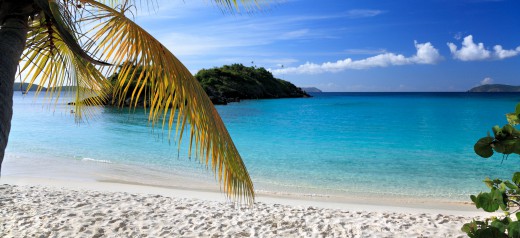By Dr Miguel Goede and Runy Calmera

The Caribbean islands must develop a Master Plan, a long-term plan to transform the islands. In a previous article we wrote about the Dos and Don’ts for Caribbean managers, business owners and policy advisors when creating the Caribbean future.
When taking action, several Caribbean islands designed a master plan. Examples are Barbados and Aruba. Suriname and Curacao are trying to develop a national master plan. Here we present some tips how to go about crafting such a plan.
1. The plan must be elevated above party politics to the level of national interest. This to ensure continuity when there is a change in government. To achieve this, the plan must be approved by parliament when ready. Because on the islands it is a tradition for new governments to throw good plans out of the window when they rise to power and start all over. This does not make sense because the options for the islands are relatively limited.
2. The plan should be developed in collaboration with social partners and also NGOs. All citizens, even those living off island, should be able to contribute. There are many top notch Caribbean scholars, professionals all over the globe, who are more than glad to contribute to the development of their island. They are often not considered. All citizens of all age should be able to contribute to the plan via the internet and social media.
3. A facilitator should manage, not only facilitate the process. The process should be driven, not facilitated. It is about pulling and pushing.
4. “Think out of the box”. It might seem a contradiction; the future is right in front of you. You only need to see it: vision. It is not rocket science.
5. Collect all previous plans from all sectors. There are many good studies that never have been finished, approved or implemented. Study and discuss them. Some ideas might still be relevant.
6. Study what other islands are doing. You might learn from their process. Do not just copy, because your island is unique.
7. Do a PESTLE (analyze the following factors: politics, economics, social issues, technology, legal framework and environmental issues) to understand the broader context.
8. Do a SWOT analysis to identify your strengths and weaknesses. Develop a strategy based on your unique strengths. Small islands cannot be everything to everybody. Find your niche.
9. The plan should evolve on an interactive website that captures all input; written, recorded, filmed, from everybody from everywhere.
10. The plan should cover at least these areas: planet, people, profit, technology and education.
11. The plan should be translated in annual program of projects. Everyone can adopt these strategies and implement them and report on the progress.
12. A dashboard should be in place to monitor the progress. Everybody should be able to see what has been accomplished and what must still be done.
13. Evaluate the process every quarter and have an annual review, to adapt the plan if needed, but also to celebrate success.
Basically the recipe to create a multi-annual plan for an organization is the same, with the necessary adjustments.
Question: how far is your island with crafting or implementing such a master plan to determine the future of your island? Please discuss with us.
Replay Free Online Conference
On 17, 18 and 19 March 2015 a free online conference about the 12 Trends determining the Future of the Caribbean was given by Dr Miguel Goede and Runy Calmera, about the trends, opportunities, dos and don’ts. If you missed this online conference and you want to see the replay you can subscribe to the replay by filling in this form: http://forms.aweber.com/form/95/84689295.htm
We will keep you updated on future online events.
 |
| Miguel Goede is a strategist and trend watcher in the Caribbean. He is based in Curacao and works for governments, corporations and NGO in the region. You can find out more on www.miguelgoede.com. Join the discussion on Facebook Caribbean 3.0 |
 |
| Runy Calmera is an economist, consultant, trainer and coach on economic analysis and policy for the 52 small island developing states (SIDS). You can find out more on www.calmera.nl and on Facebook |
Bron: Caribbeannewsnow.com

